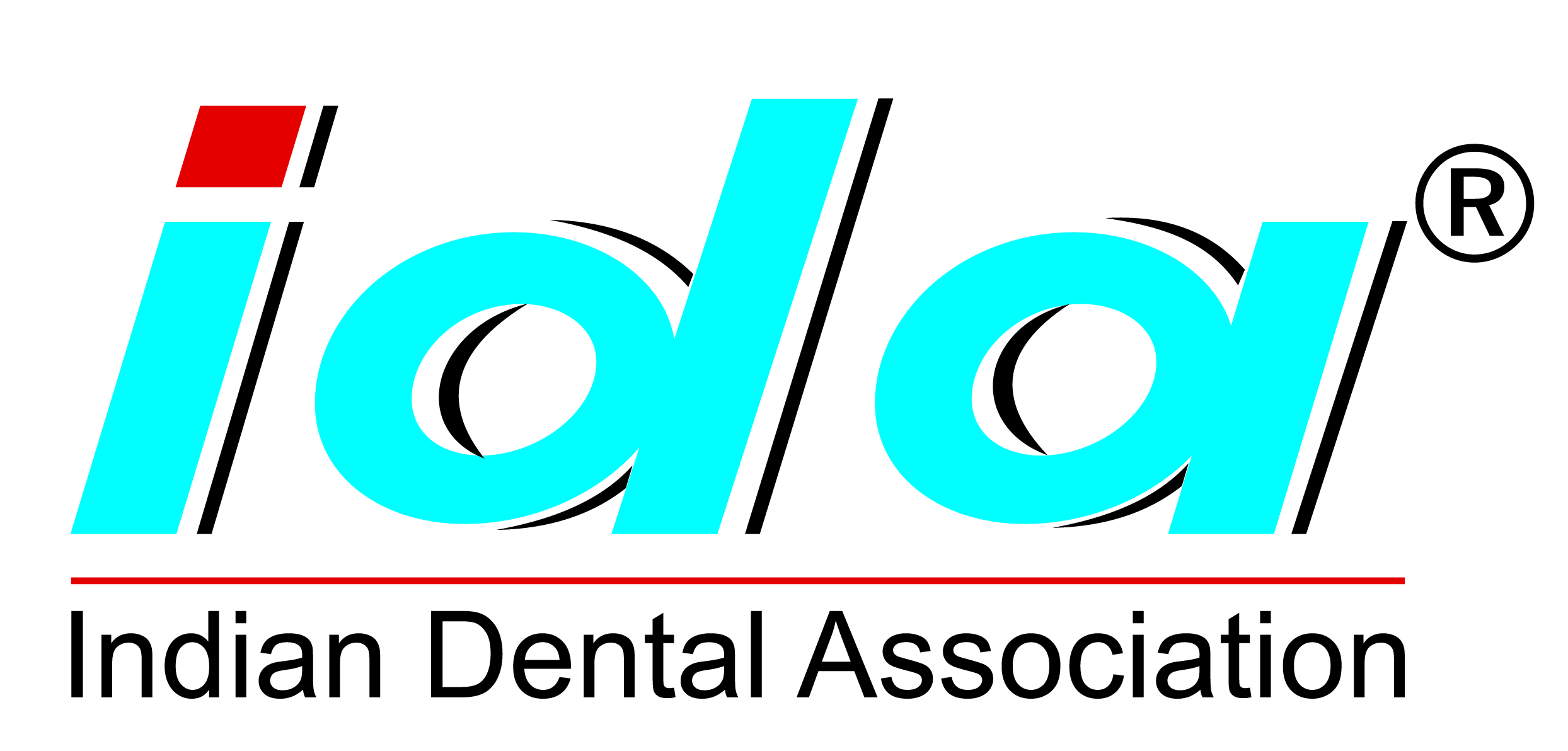Dental trauma is injury to any part of the mouth area including teeth, gums, tongue,
jaw and lips. The common dental injury is broken teeth or even knocked out teeth.
These can be caused by accidents, fights, scalding liquids and sports. The symptoms
of dental trauma depend entirely on the type of injury that has occurred. Broken
teeth can cause toothaches while a knocked out tooth can leave the gums swollen
and bloody. Problems with the jawbone tend to be more serious and can sometimes
lead to a misaligned jaw.
- Class I Primary (enamel fracture)
- Class II Primary (dentin involved)
- Class III Primary (pulp involved)
- Class IV Primary (pulp necrosis)
- Class V Primary (avulsion)
- Class VI Primary (root fracture)
- Class VII Primary (displacement)
- Class VIII Primary - Coronal/Root Fracture
Different types of dental trauma require different treatments. For soft tissue injuries
such as cuts and swelling, cold compresses can reduce the swelling and the bleeding
can be eased by putting pressure on the laceration. Sometimes stitches are required
although with a lot of lip injuries, the lip has to be left to heal naturally. Painkillers
can help with the pain. Broken teeth require the mouth to be rinsed out in order
to clean the area. The sooner a dentist is visited, the greater the chance of saving
the tooth. Dentists often advise people to hold on to the tooth or any broken bit
after dental trauma, keeping them moist is essential. When the entire tooth has
been knocked out, it is important to hold it by the crown rather than the root.
After such a trauma, the dentist will try to save all of the teeth, although this
is not always possible and sometimes an artificial crown or tooth is needed.
Dental trauma that leads to a broken jaw requires the jaw to be set back into its
rightful position and may need wires to hold it into place. The healing process
can take up to six weeks for this type of injury. It is important to see the dentist
as soon as possible when the jaw has been broken as delays in treatment can result
in a much longer and more painful recovery time. With any dental trauma, infections
can easily set in and it is important to take care of the injured area and avoid
further damage.





